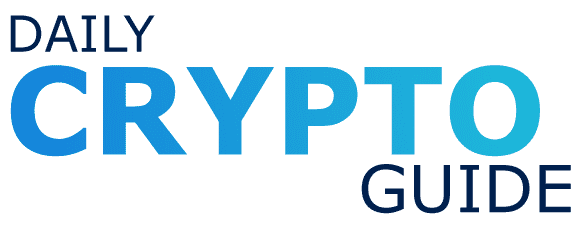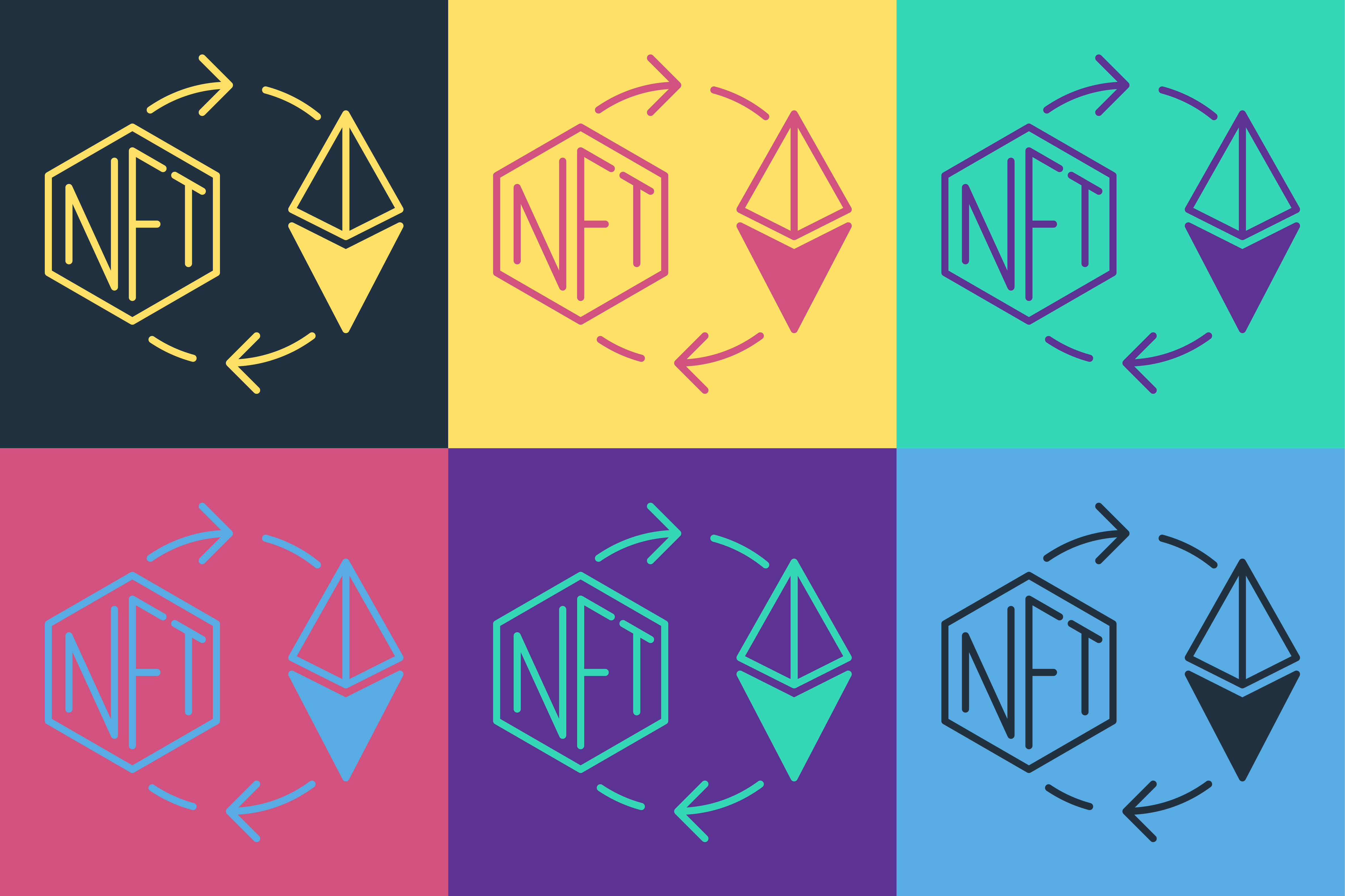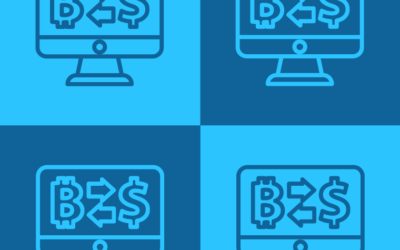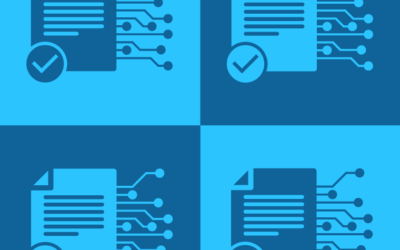“Decentralized vs Distributed Blockchain”: What’s the Difference Between Centralized, Decentralized & Distributed?
“Decentralized vs distributed blockchain” – what’s the difference? If you’re asking this question, you’re not alone.
In the world of crypto, decentralized vs distributed blockchain networks are commonly confused. That’s because these two types of networks seem very similar. But a decentralized blockchain is different from a distributed blockchain. So, we’re here to help clear the confusion.
The first step in understanding decentralized vs distributed blockchain is to understand the distinction between a centralized vs decentralized vs distributed network. So, let’s get started! Here’s what everyone should know about decentralized vs distributed blockchain technology.
Here’s what we’ll cover.
Centralized vs decentralized vs distributed blockchain
Is blockchain decentralized or distributed?
What is the most decentralized blockchain?
Is Ethereum a distributed ledger?
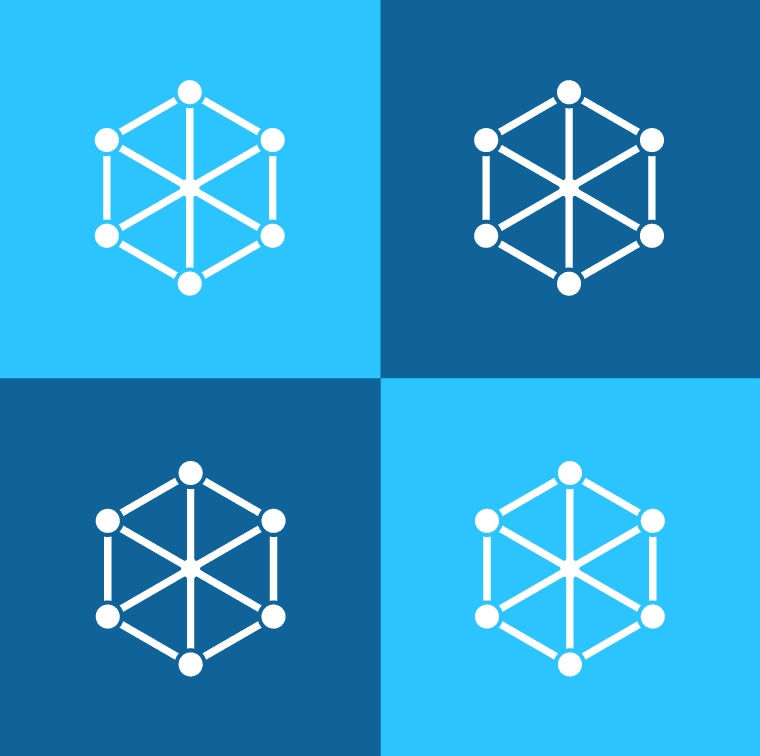
Centralized vs Decentralized vs Distributed Blockchain
Before you can understand the differences between centralized vs decentralized vs distributed blockchain technology, you’ll need to know how each type of network operates. But don’t worry – it’s not as hard to understand as you might think!
First, let’s look at what a centralized network is and how it works.
What is a centralized network?
A centralized network has a central authority that oversees data and network activities. This central authority has control over all operations and owns the data on the network (which is stored in a single, centralized location).
A central authority can be a government, organization, or individual.
With Web2 (the current websites and applications we’re used to using), nearly all platforms are centralized. That is, they are owned by a company (or individual) that makes all decisions, stores data on a private database, and maintains the source code.
For example, social media platforms like Instagram and Twitter are centralized networks. As a result, the CEOs and executives at these companies have complete freedom to control what is posted and who can join.
As you can see, with a centralized blockchain network, complete trust must be given to the central authority. In other words, you must trust the company that owns the network to be ethical and have your best interests at heart.
Now, what about a decentralized blockchain? How does a decentralized network compare to a centralized network? Let’s take a look.
What is a decentralized blockchain?
A decentralized network has no central authority overseeing operations and data. In other words, a decentralized blockchain does not rely on a single organization or individual to manage network activities and data storage. Instead, a decentralized network distributes processing activities and data storage across multiple devices.
That said, each device (i.e. node) serves as a mini central unit. So, the network can still function even if a master node goes down.
The idea of decentralization is relatively new. In fact, this concept only came to light in 2009 when Satoshi Nakamoto introduced Bitcoin to the world!
What is the difference between centralized and decentralized in crypto?
As you can see, the most significant difference between a centralized and decentralized blockchain is who has control.
With a centralized network, a single company or individual (or a group of companies or individuals) controls everything that happens with the network and its data. On the other hand, in the case of a decentralized blockchain, there is no single person or company in control of processes and data. Instead, a network of independent devices works together to operate the network.
Put simply, a decentralized network distributes processing activities and data storage across multiple devices instead of relying on a single central server.
Okay, now that you understand what a centralized network is and how it compares to a decentralized network, let’s look at a distributed network. Decentralized and distributed blockchains are often confused – but it’s essential to know the difference.
What is a distributed blockchain network?
A distributed blockchain network uses multiple machines in various locations to complete processes, verify transactions and store data. A distributed network does not have a central server or any master nodes. As a result, data processing and storage are crowdsourced. This means that all users have equal input, control, and access to the data.
As a result of having no central authority, no one has to know or trust anyone else when using a decentralized blockchain network. That’s because every network member has an exact copy of the blockchain data – and no single member is instructing another what to do. So, for example, suppose a member’s blockchain copy is altered or corrupted. In this case, it will be rejected by the majority of the members in the network. Therefore, decentralized blockchain networks are very difficult to cheat or manipulate.
When it comes to decision-making, distributed blockchain networks use a voting mechanism. As a result, each node has a say in what happens with the network. The way voting works depends on the network’s consensus mechanism.
There are various types of consensus mechanisms, including:
- Proof of work
- Proof of stake
- Proof of authority
- Proof of history and more
Read more about consensus mechanisms here – Coming Soon.
Ok, this sounds similar to a decentralized network. So, what’s the difference between a decentralized vs distributed blockchain?
What is the difference between decentralized and distributed?
Decentralized and distributed blockchain networks are similar in that they both avoid a centralized point of control by spreading processing activities among various network participants. However, these two types of networks differ because a distributed network utilizes equal, interconnected nodes in different geographical locations. This means that all nodes share computational activities and data ownership equally.
Because the network participants in a distributed blockchain are scattered worldwide, distributed networks are incredibly secure and fault-tolerant.
Overall, a decentralized vs. distributed network’s advantages and disadvantages closely mirror one another. However, the benefits of a distributed network are magnified.
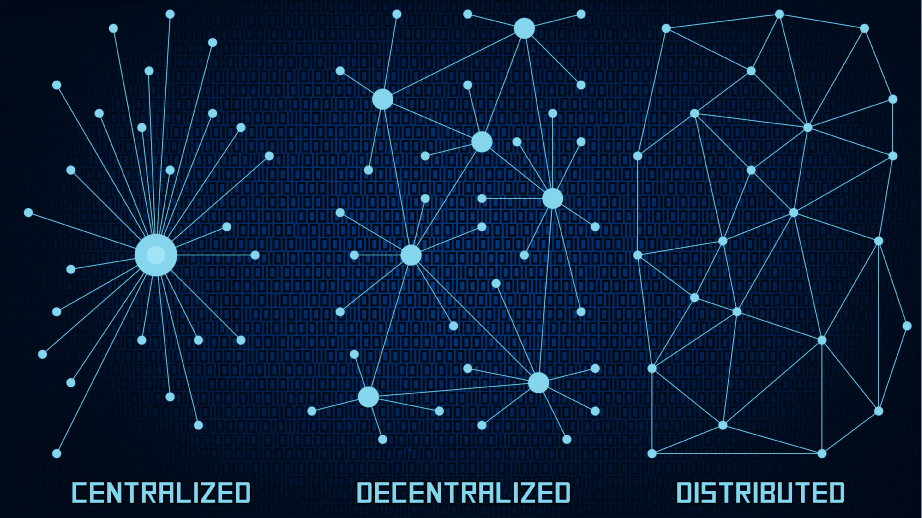
Centralized vs Decentralized vs Distributed Blockchain Networks
Here’s a summary of how all three blockchain networks compare.
| Centralized | Decentralized | Distributed | |
| Central Point of Control | Yes | No | No |
| Fault Tolerance | Low | High | Extremely high |
| Security and Privacy Risks | High | Low | Extremely Low |
| Scalability | Difficult to scale | Easy to scale | Extremely easy to scale |
| Transparency | Closed | Transparent | Transparent |
| Data Verification | Conducted by third-party | Consensus mechanism | Consensus mechanism |
| Data Ownership | A central authority owns the data (e.g. company or individual) | No one owns the data | Equal ownership by network members |
| Ease of Development | Easy to develop | Difficult to develop | Difficult to develop |
| Cost to Maintain | Low | High | High |
| Cost to Implement | Low | High | High |
Is blockchain decentralized or distributed?
Now, you’re probably wondering – is a blockchain decentralized or distributed? The answer – it depends!
All blockchains are inherently distributed. However, not all blockchains are decentralized. Therefore, it depends on the blockchain.
Here are some examples of centralized vs decentralized vs distributed blockchain networks:
- Bitcoin – decentralized and distributed
- Ethereum – decentralized and distributed
- XRP Ledger (XRPL) – the XRP Ledger is decentralized and distributed; however, a central authority owns the Ripple network
- Cardano – decentralized and distributed
- IBM Blockchain – centralized and distributed
What is the most decentralized blockchain?
Bitcoin (BTC) is considered the most decentralized blockchain in the world.
The Bitcoin blockchain network is not owned or controlled by any single authority (company, individual or government). Instead, nearly 15,000 active nodes work together to make decisions and process and store data on the Bitcoin blockchain.
Is Ethereum a distributed ledger?
Yes, Ethereum is an open-source, distributed ledger. The Ethereum blockchain is also decentralized, meaning no single individual or organization controls it.
More Helpful Crypto Content
What is NFT vs Crypto: Understanding the Key Differences and Similarities
Wondering – what is NFT vs crypto? Unlock the secrets of these digital assets, explore their similarities and differences, and learn how they’re shaping the digital future.
Understanding Leverage Trading in Crypto: How to Amplify Your Gains (+Possible Risks)
Learn what leverage trading crypto is and how it works. Plus, the top exchanges for leverage trading crypto.
3 NFT Smart Contract Examples (Solidity, Vyper and Rust) + What Each Function Means
Explore 3 NFT smart contract examples (in Solidity, Vyper, and Rust) and learn what each function in the code does.
